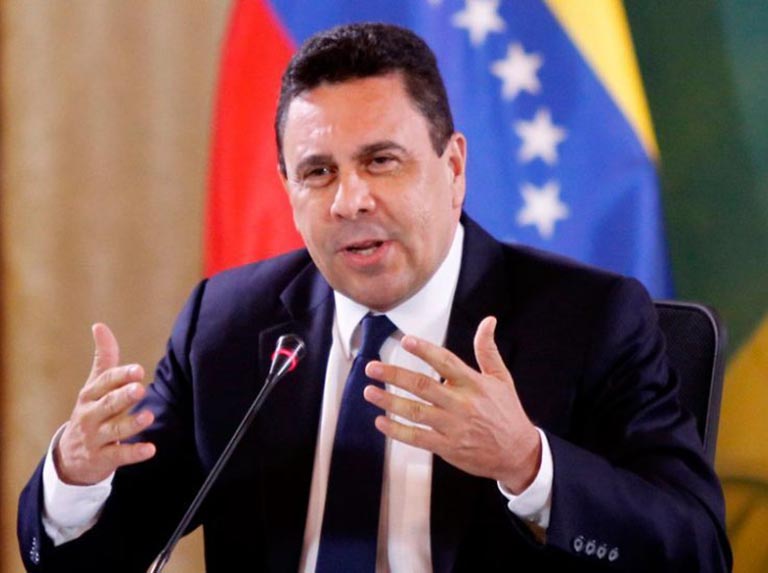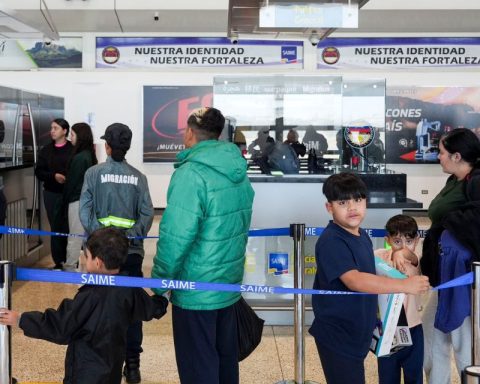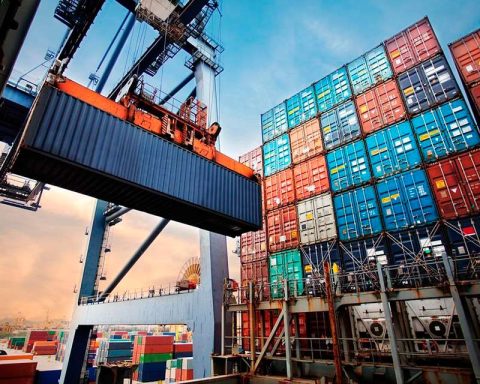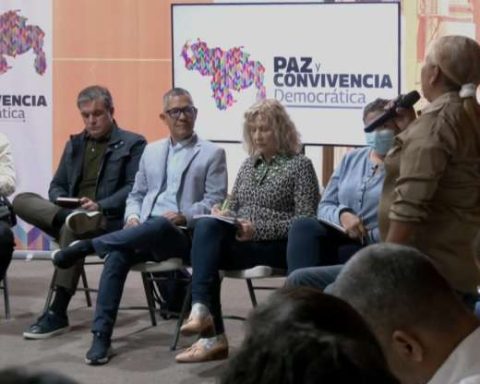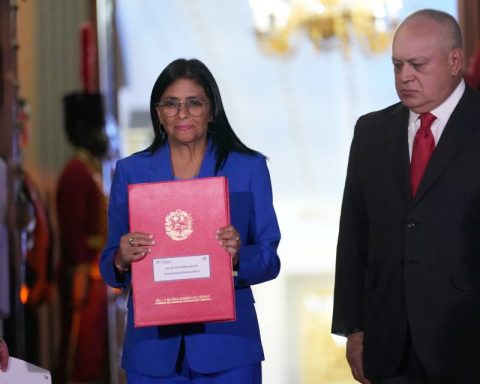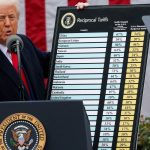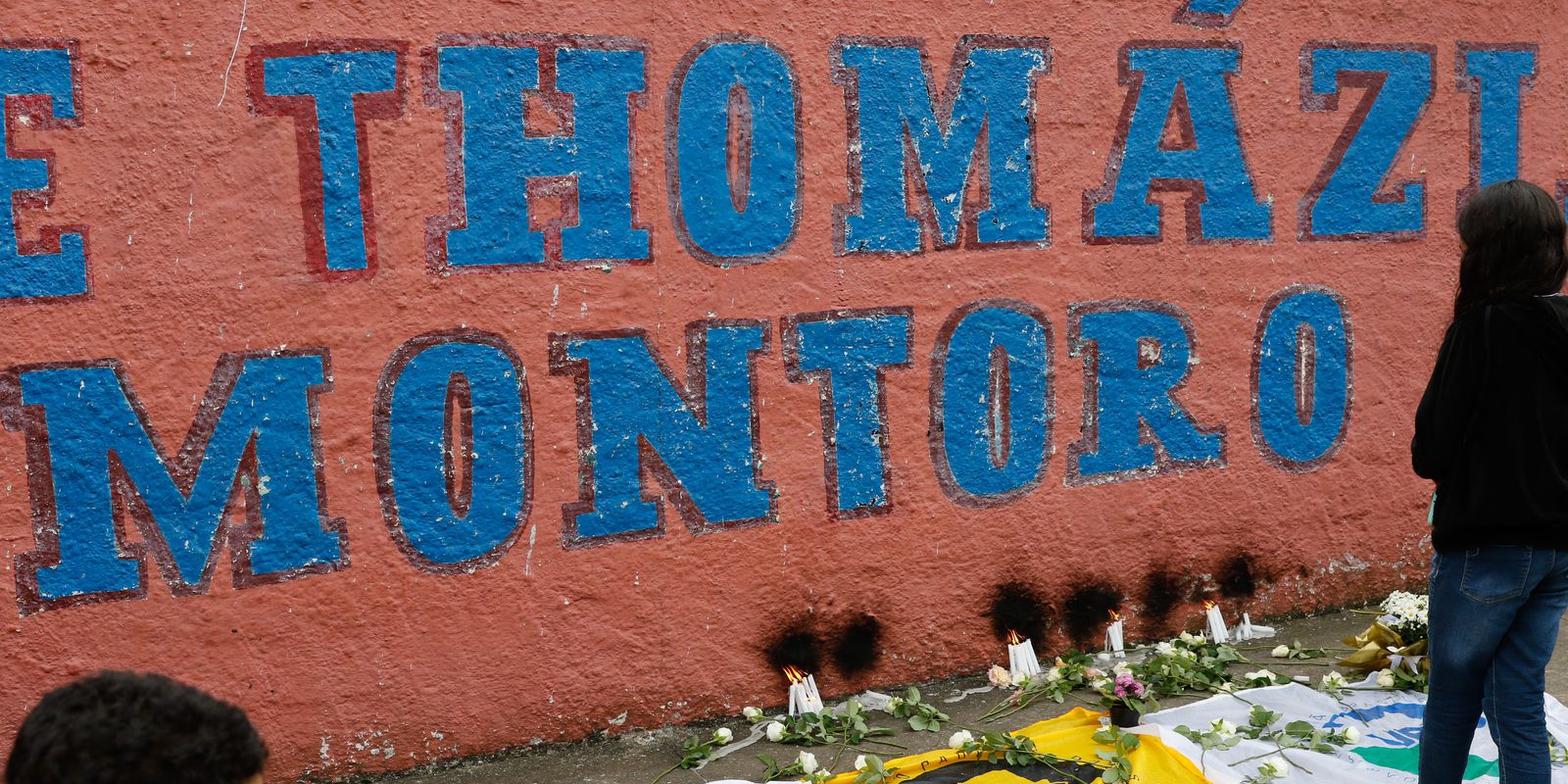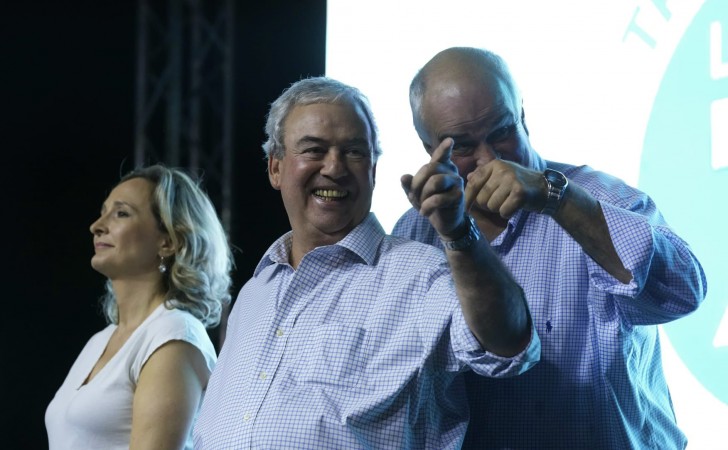Venezuela is in a better position to settle the territorial dispute over the territory of Guayana Esequiba, after the decision of the International Court of Justice (ICJ) which ratifies its adherence to the Geneva Agreement.
This is stated by the Ambassador Permanent Representative of Venezuela to the UN, Samuel Moncada, who dismisses the rumors that the court’s decision does not benefit the country. He points out that on the contrary, Venezuela is better positioned in the case.
He explained that this is so because the court is going to analyze the conduct of the United Kingdom on this issue.
In this sense, he said that the court’s decision could be translated as follows: “Venezuela is right, and the United Kingdom is part of the case even if it is absent.”
Moncada, who confessed to feeling pessimistic before the court’s pronouncement, explained that “the court made the commitment to accept Venezuela’s reasons and continue with the trial.”
He reiterated that the court determined not to stop the trial, but to incorporate the reasoning of the Venezuelan State.
He said that Venezuela today, after the ICJ decision, has new ways to defend its historical rights, because the narrative of the court’s decision indicates which path to take to do so.
Regarding the defense of Venezuela, he said that “it has been ordered, thought out and brilliant from the intellectual point of view.”
National unity
Moncada commented that in the past Venezuela lost the territory “because it was in a civil war, it was a moment of weakness. Today they believe that we are in the same situation. It is national unity that is going to save us”.
For this reason, he called for “we not allow them to divide us on this issue.” There are oil powers and people who want to play the opposite team.”
Plan of the transnationals
Likewise, he affirmed that a great action plan is underway by the transnational oil companies that know that there is oil in the territory, and that they consider that the oil will help them to replace Venezuela.
In this regard, he recalled that Venezuela and Guyana previously handled the issue bilaterally, with respect, but in 2015 Exxon Mobil entered the territory to be explored and found oil, and for this reason it is paying for Guyana’s defense in this case.
For the diplomat, if the transnational was not assuming Guyana’s expenses “we would not have reached the court.”
Moncada added that Venezuela has one year to present the case.
